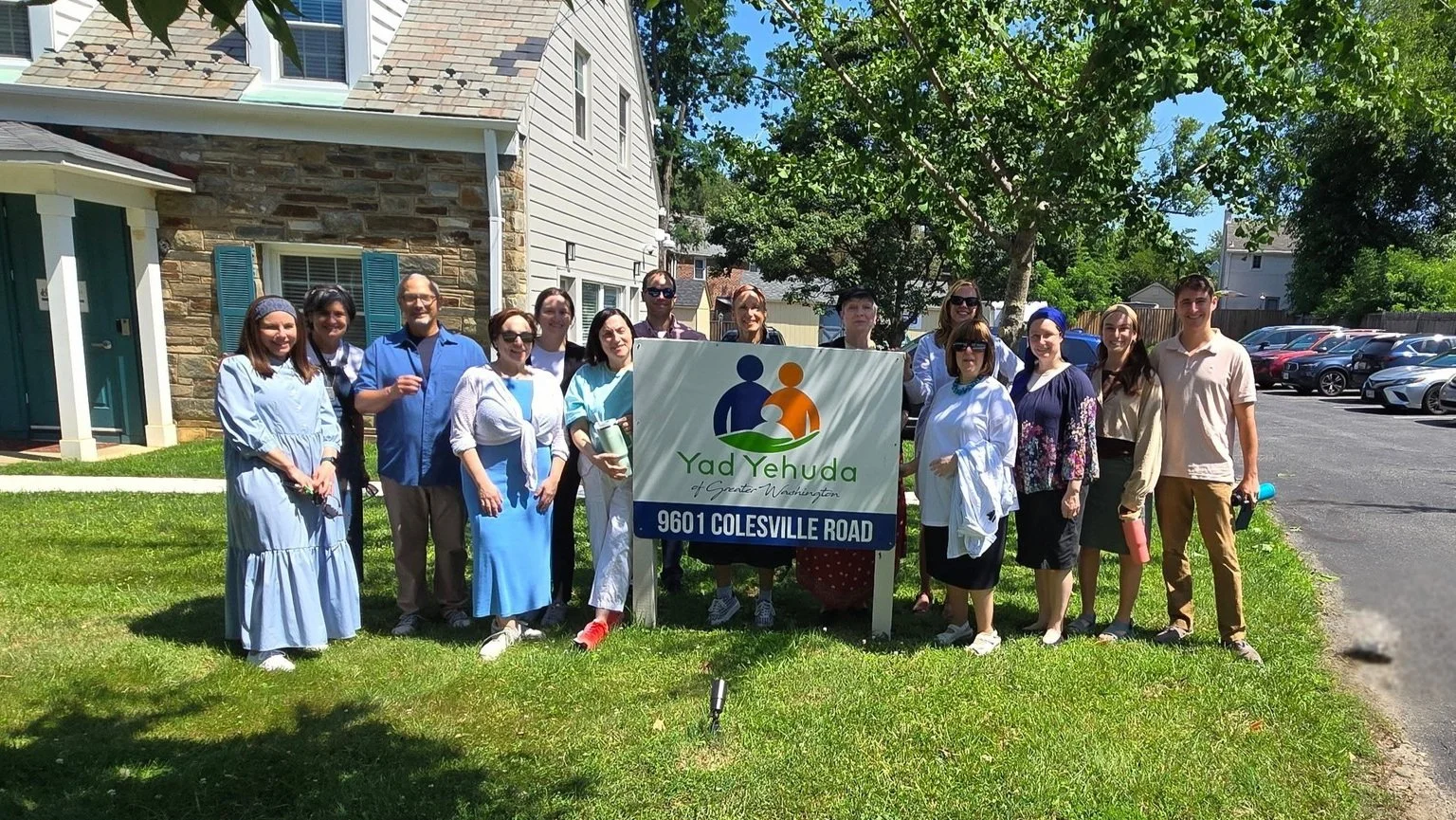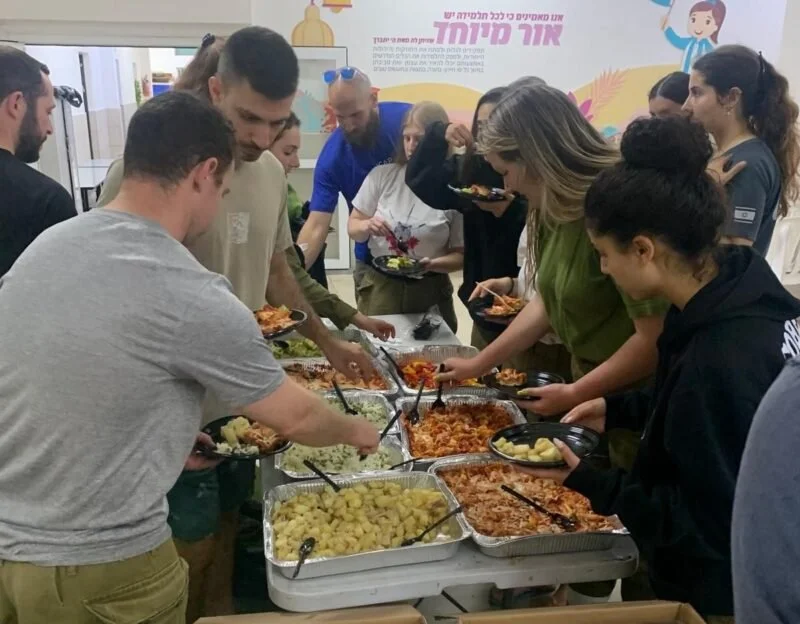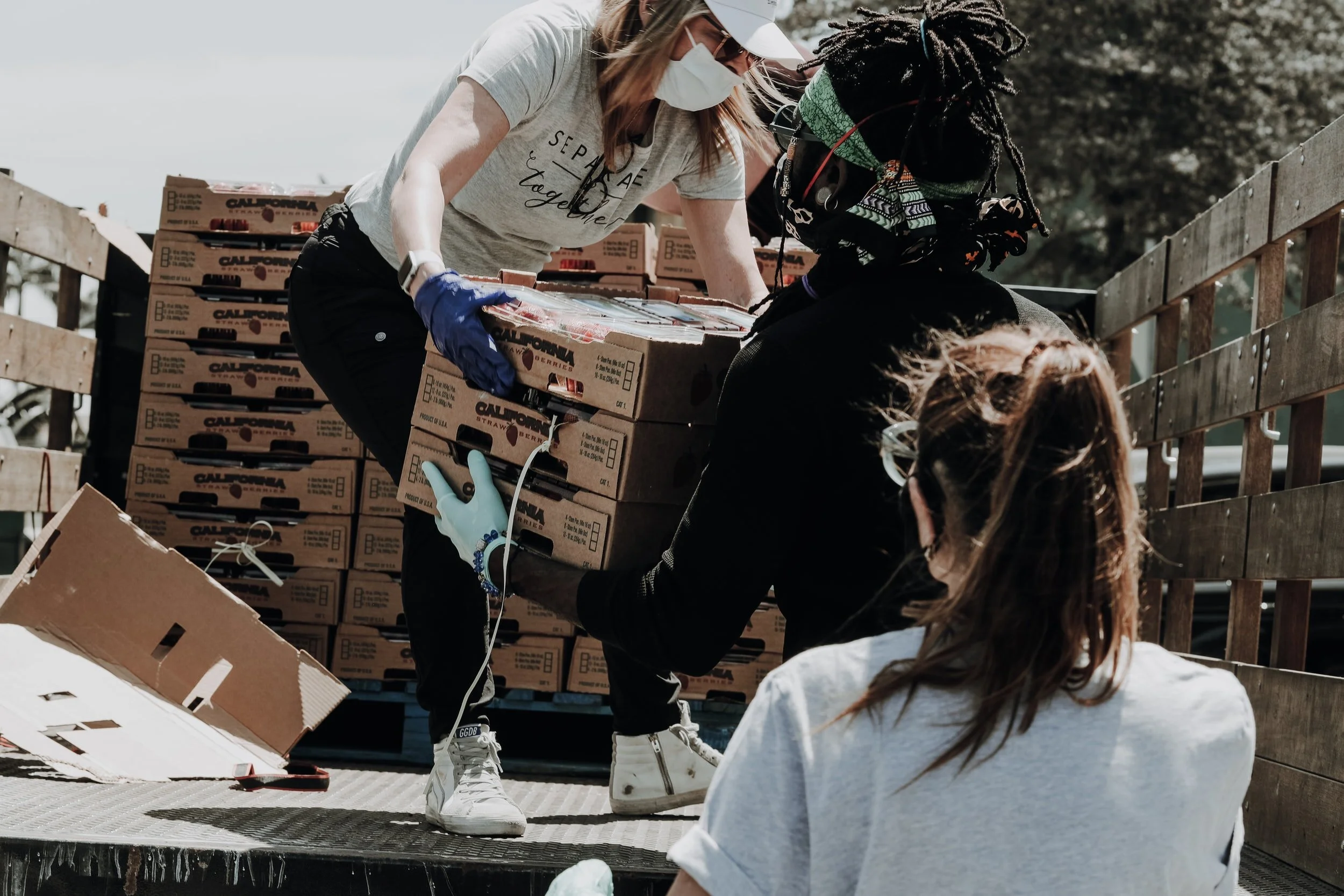Mayberg Foundation Volunteer Day 2025: A Hands-On Lesson in Supporting Community Members with Dignity
/Last week, Mayberg Foundation rolled up their sleeves at Yad Yehuda of Greater Washington, experiencing firsthand how this trusted partner brings dignity and care to the local Jewish community. From emergency financial aid to the Capital Kosher Pantry and beyond, Yad Yehuda’s impact reaches families in need with warmth and respect. Our staff learned about their extensive network of resources—including free clothing, support groups, and more—and walked away inspired by the powerful ripple effect of community-driven chesed.
Read More



















